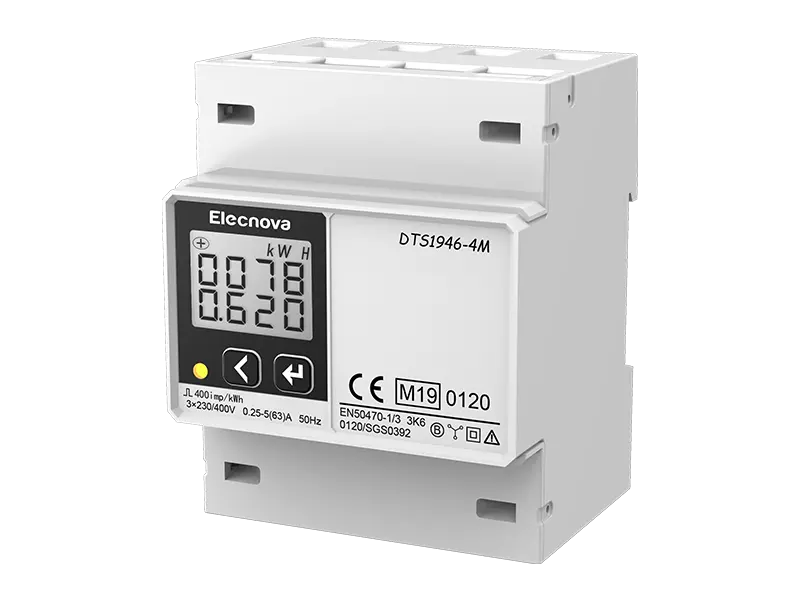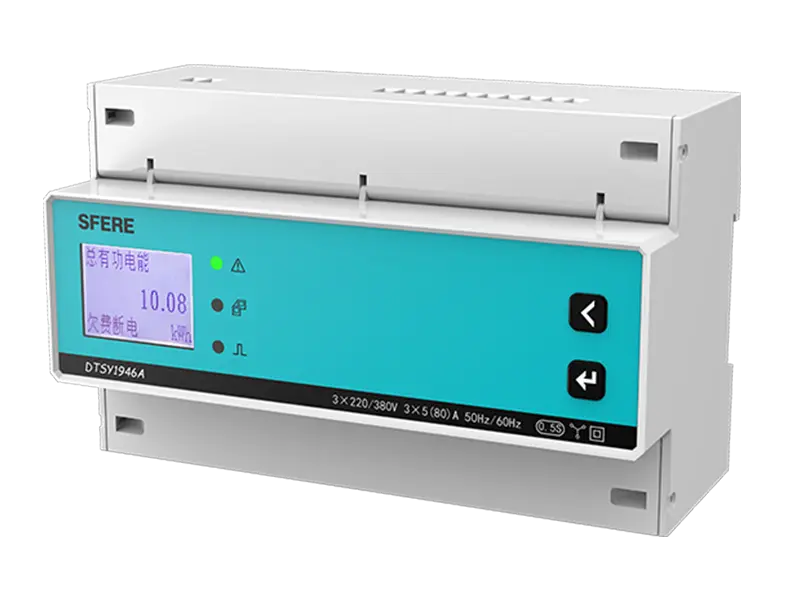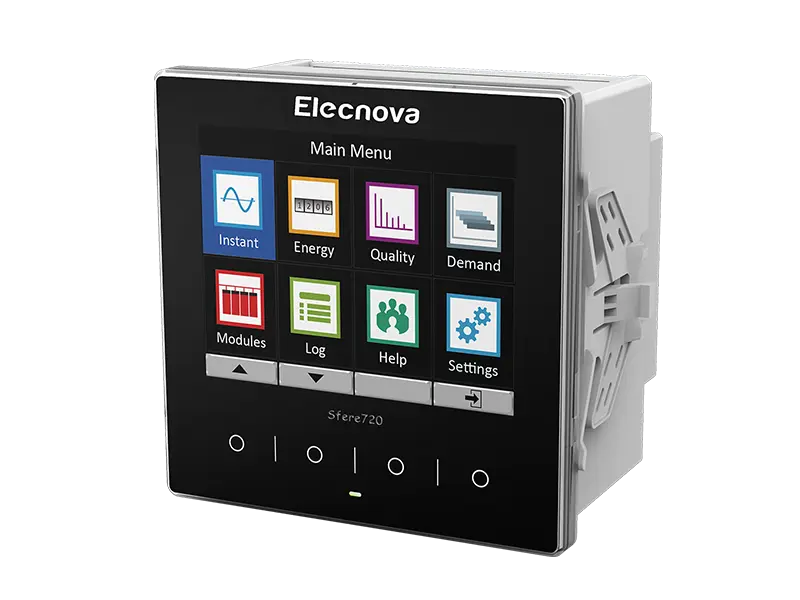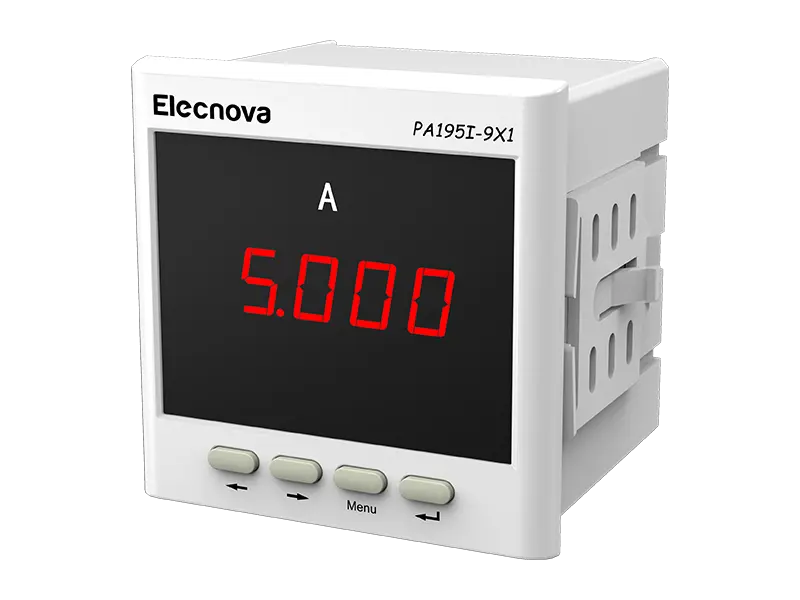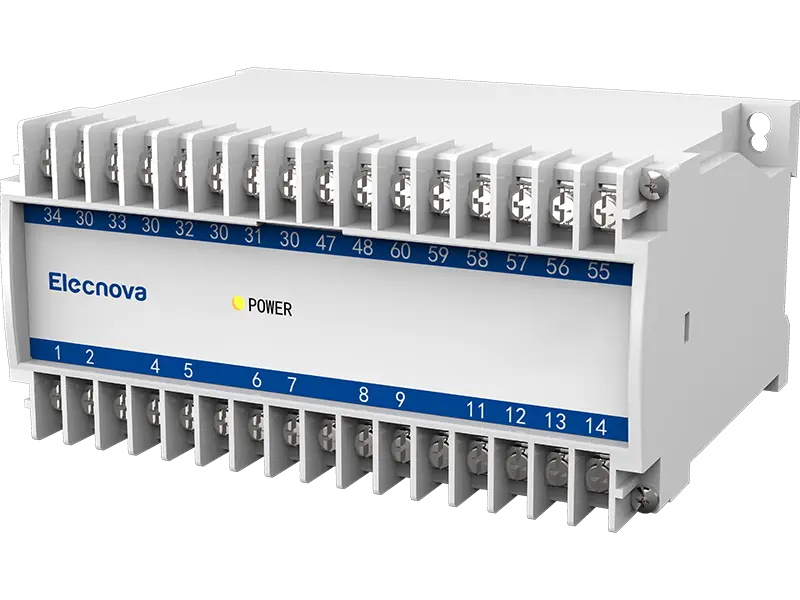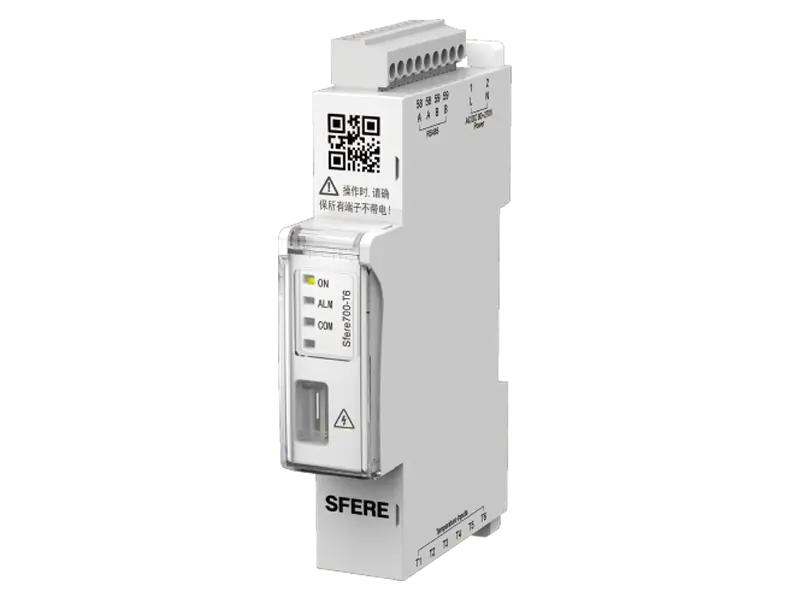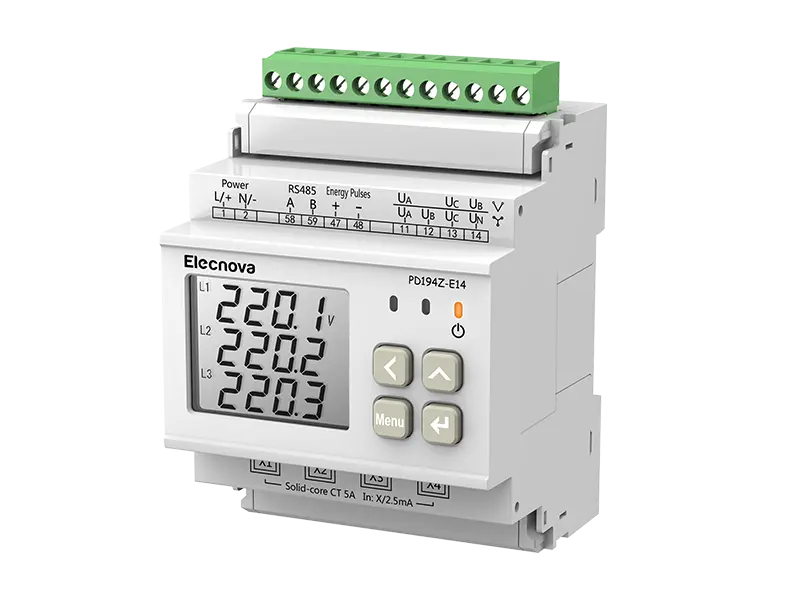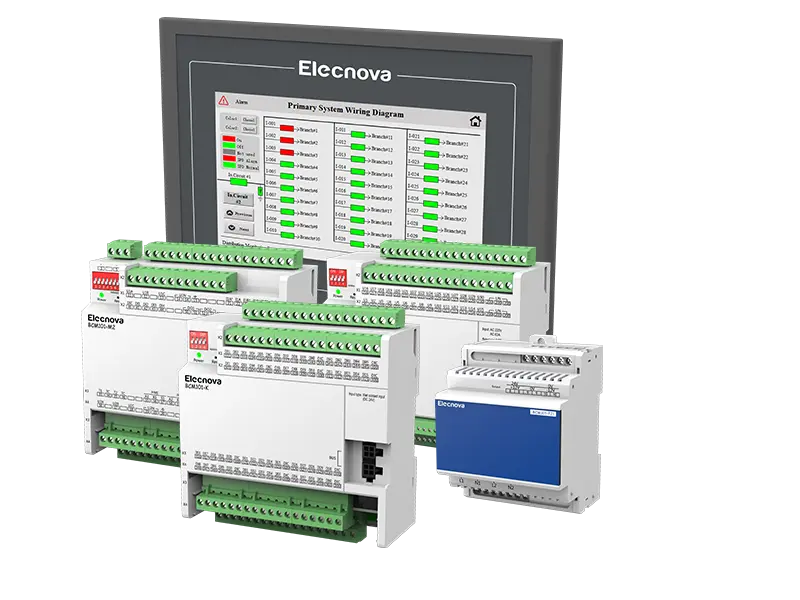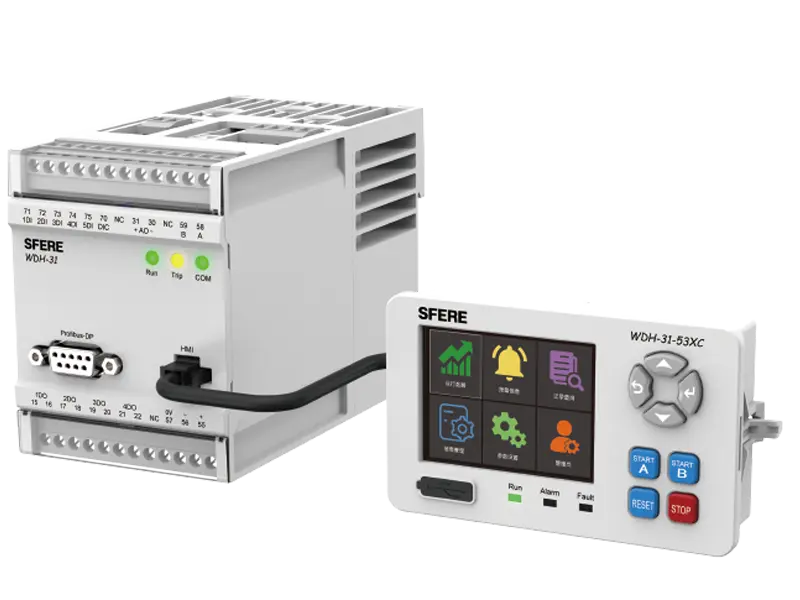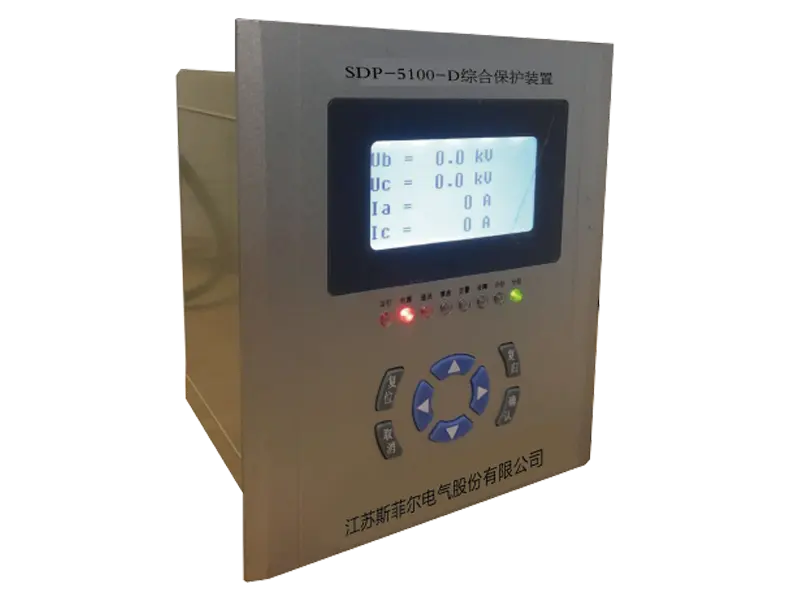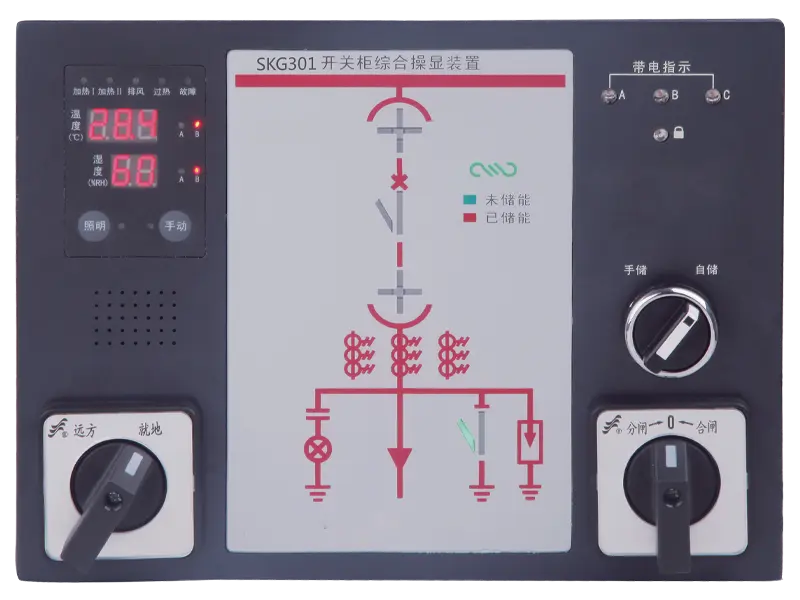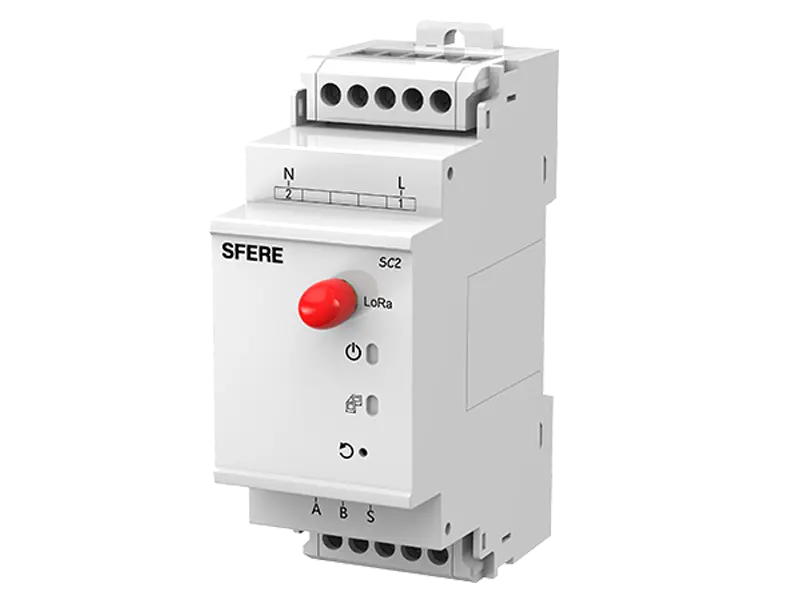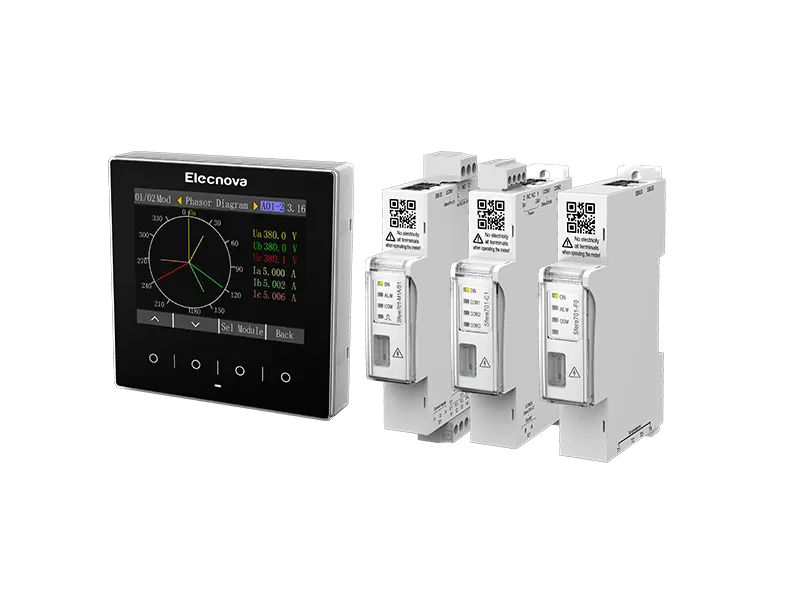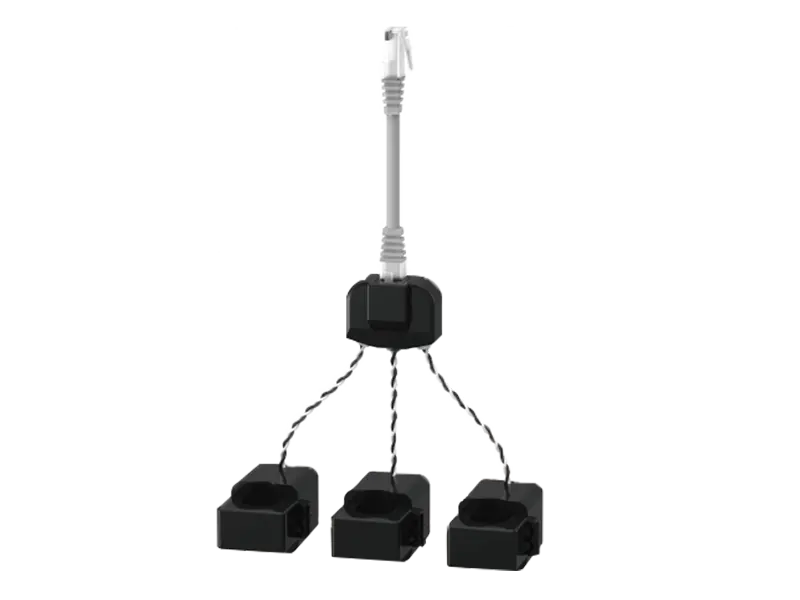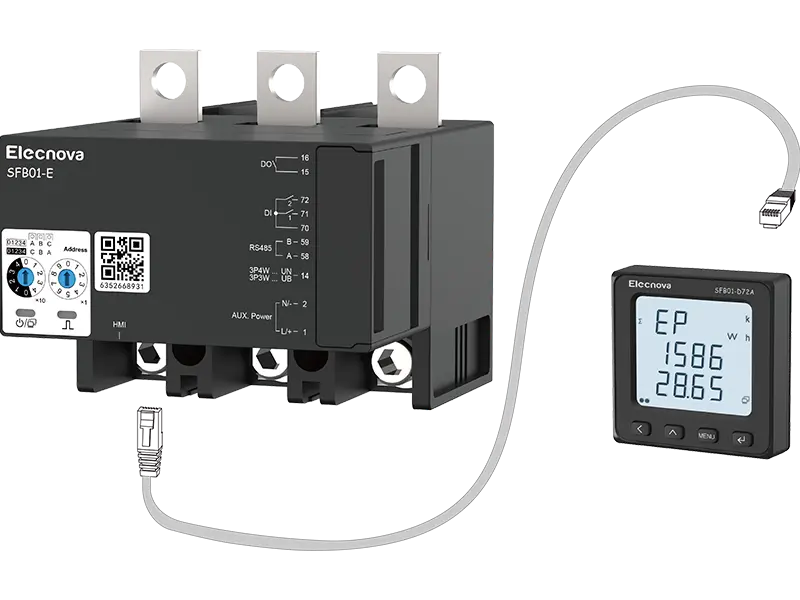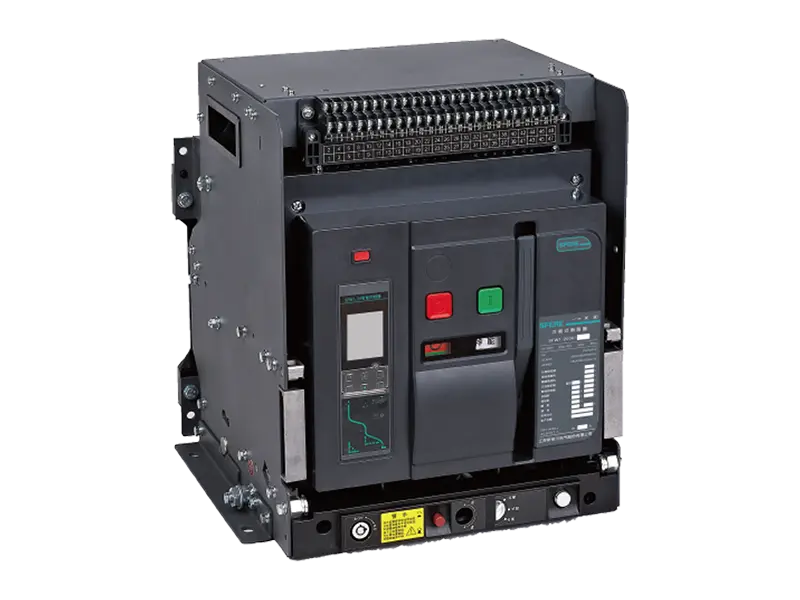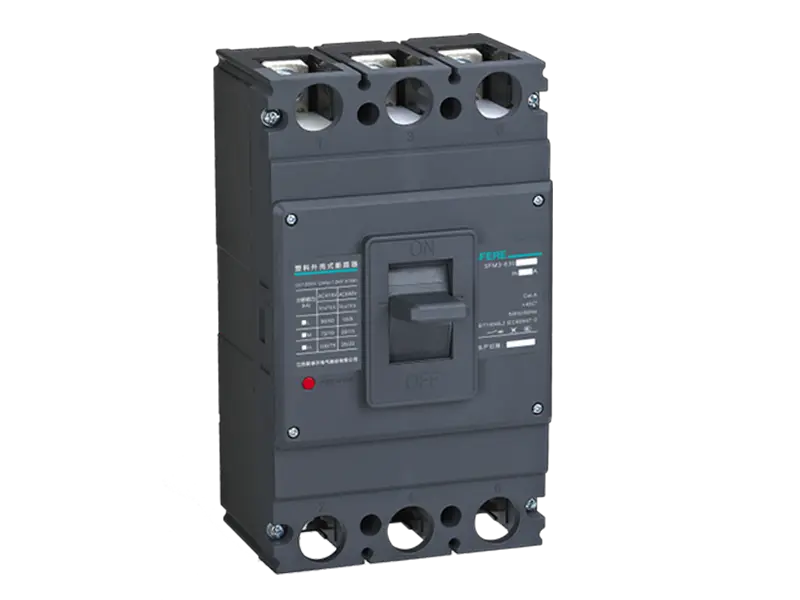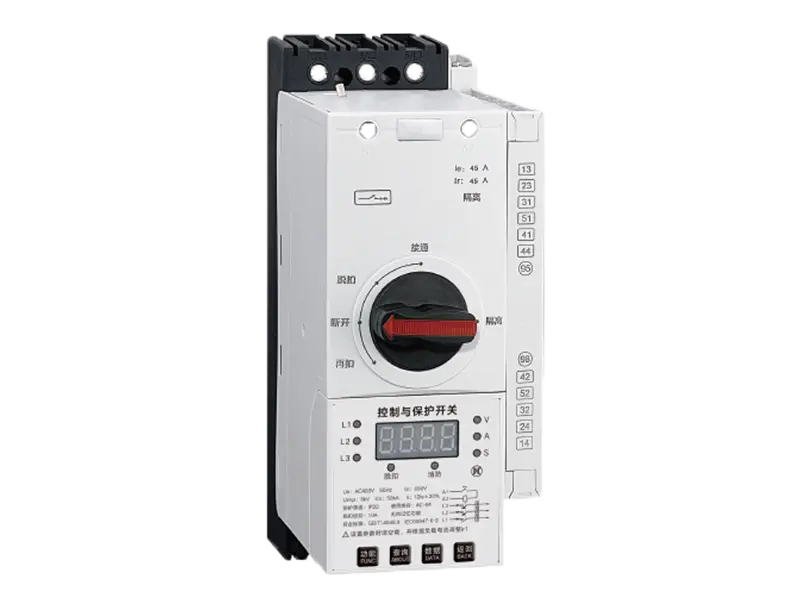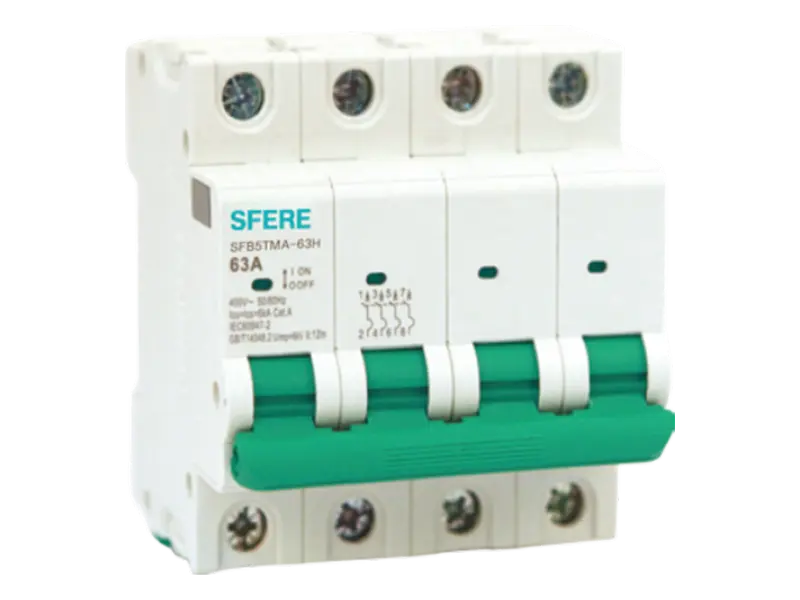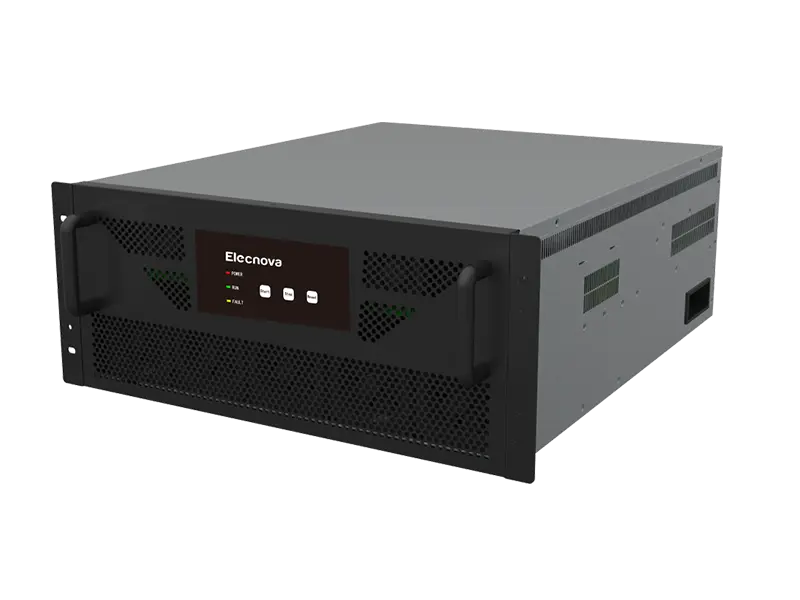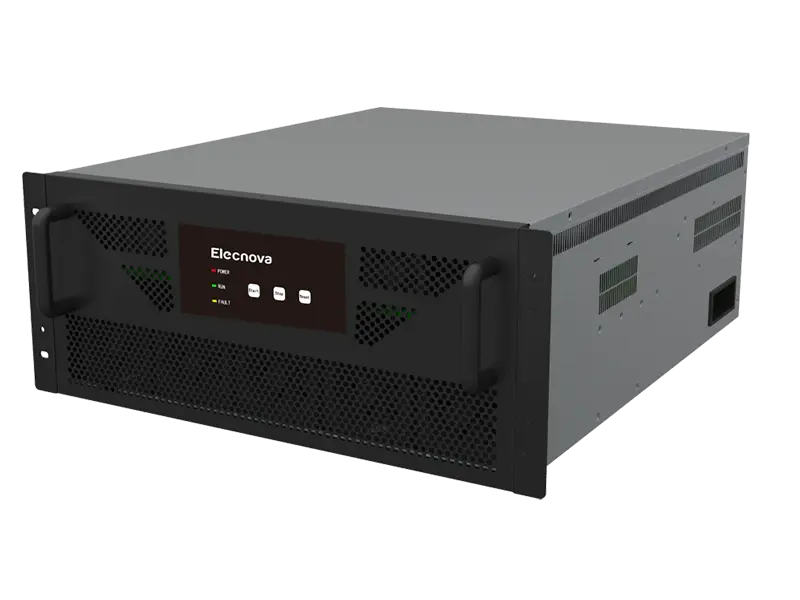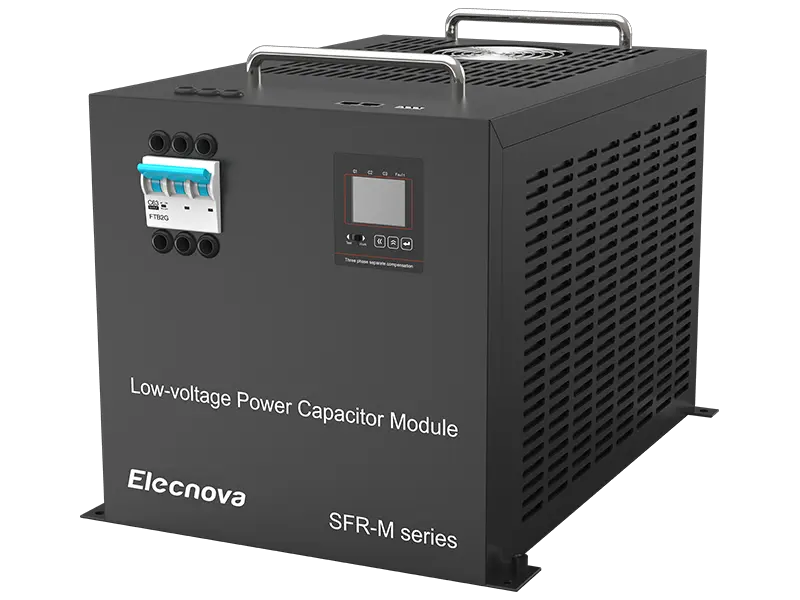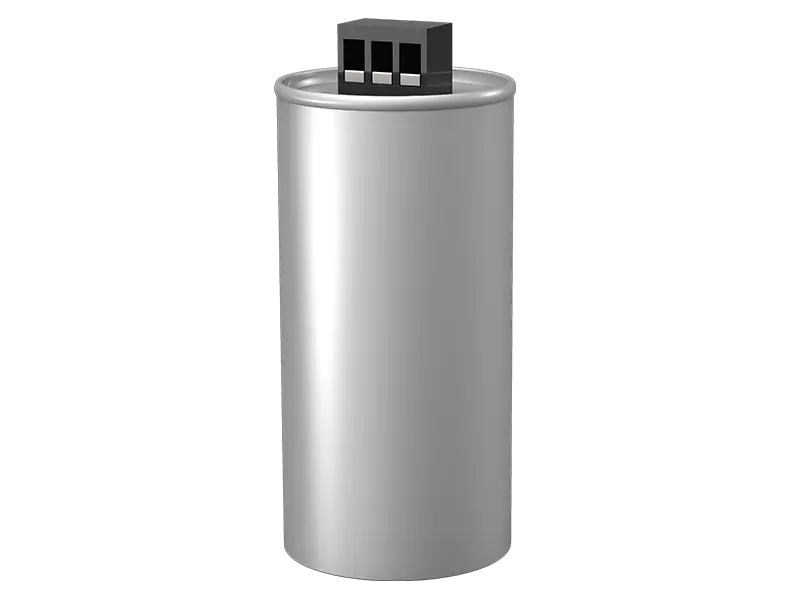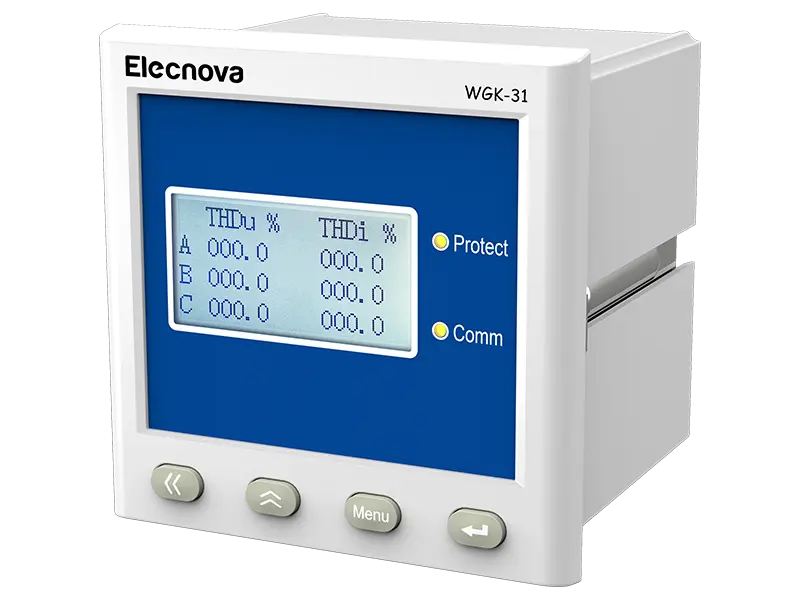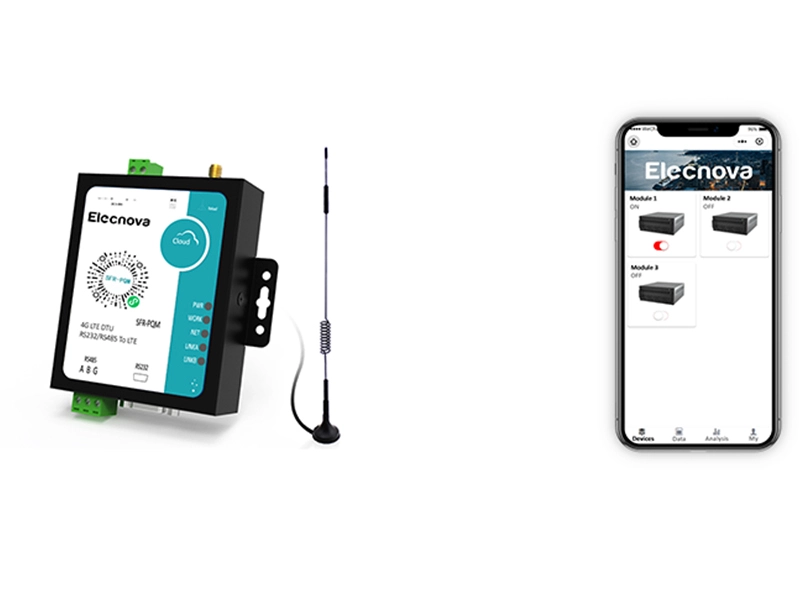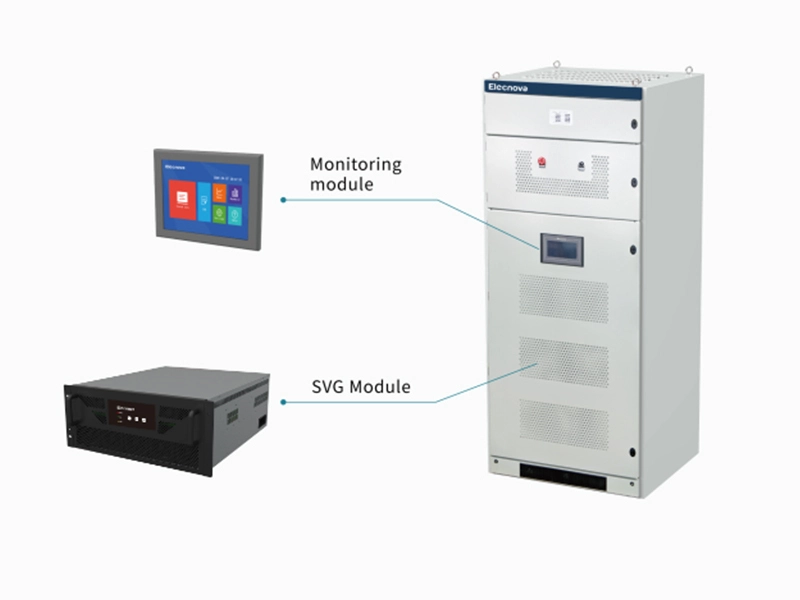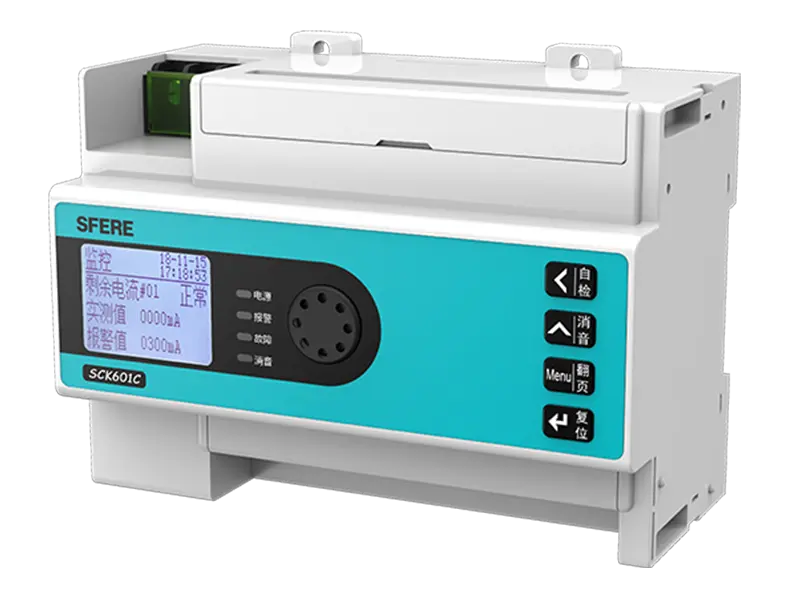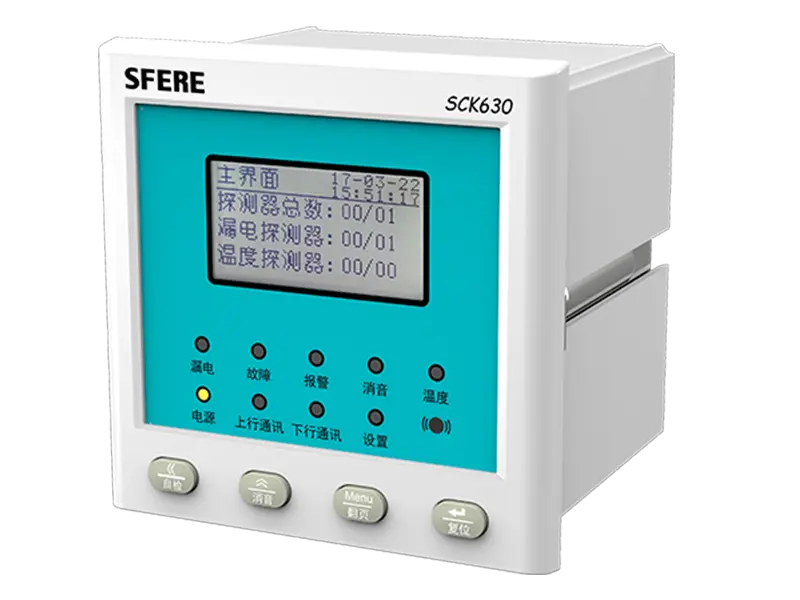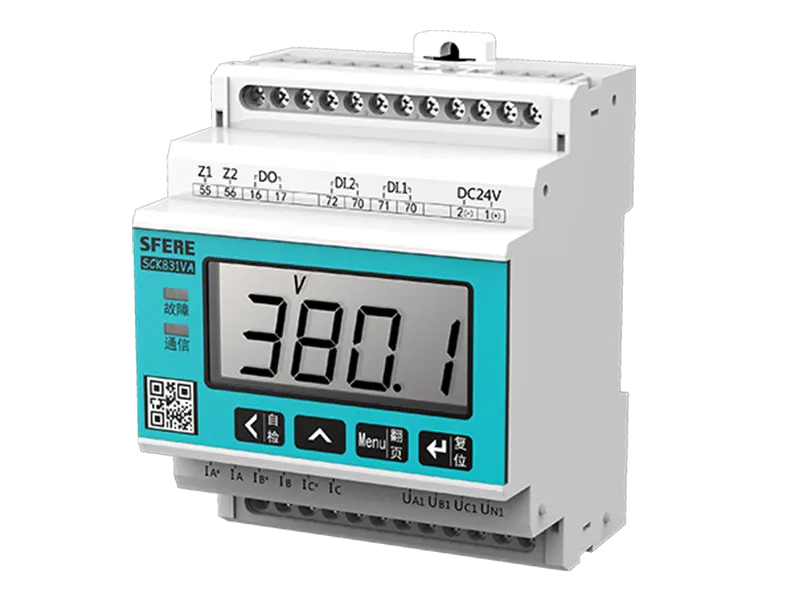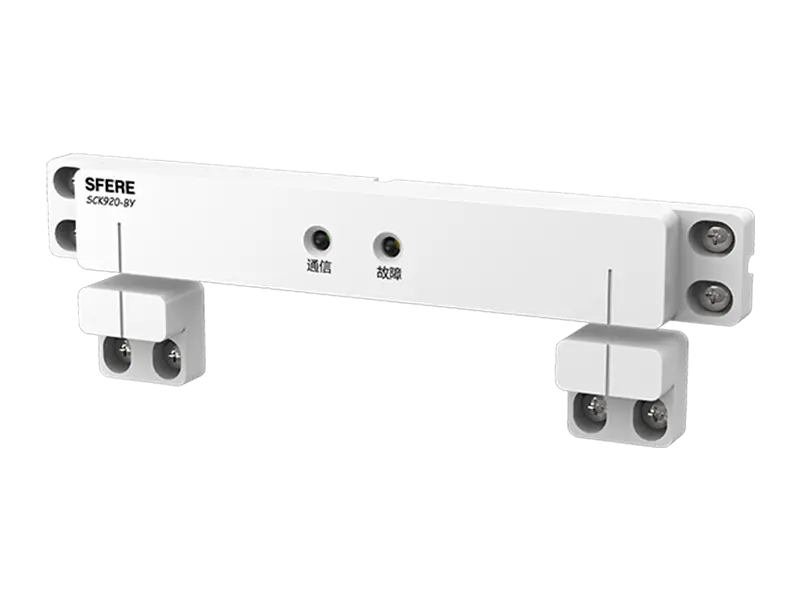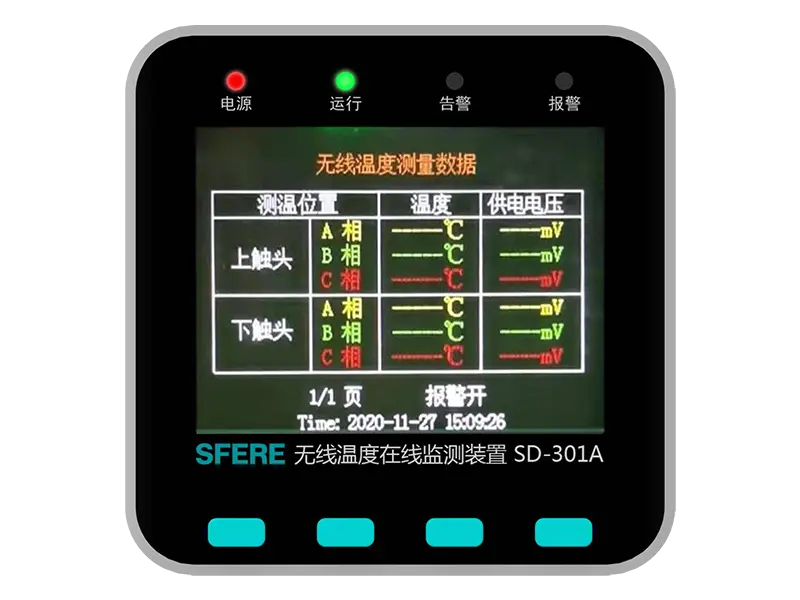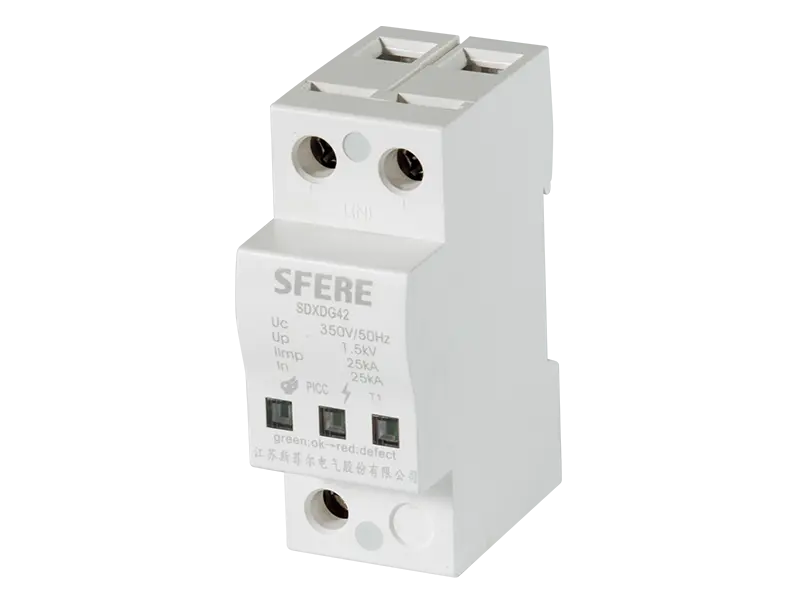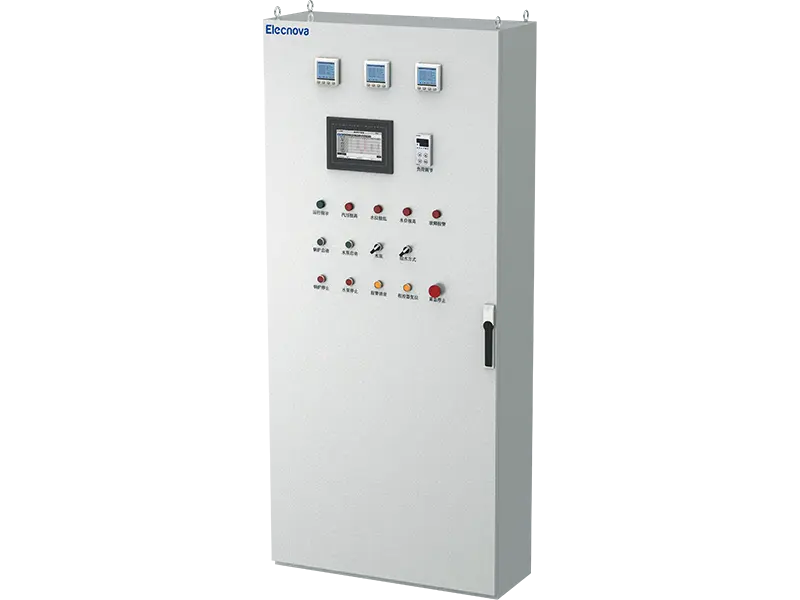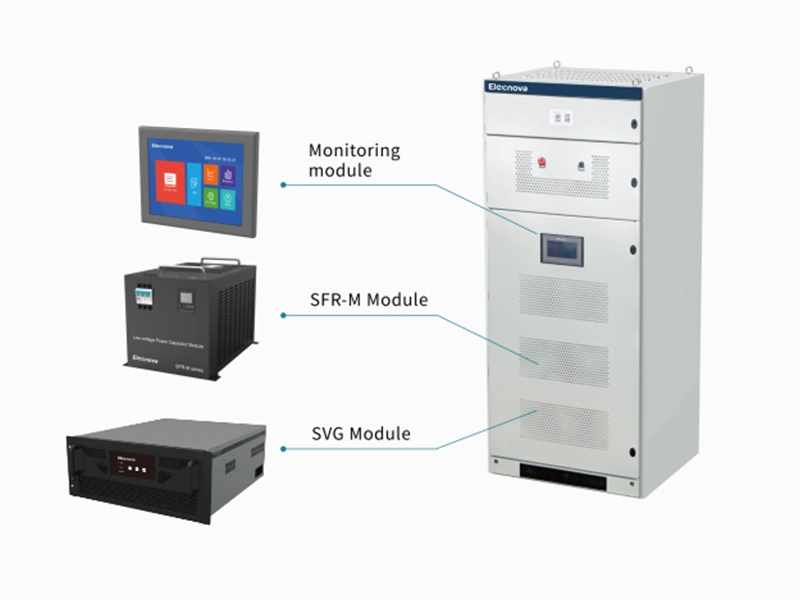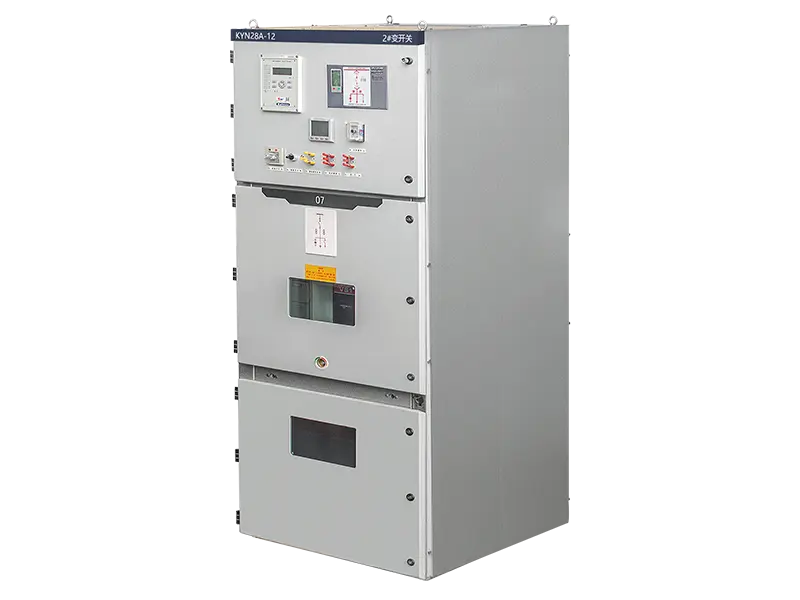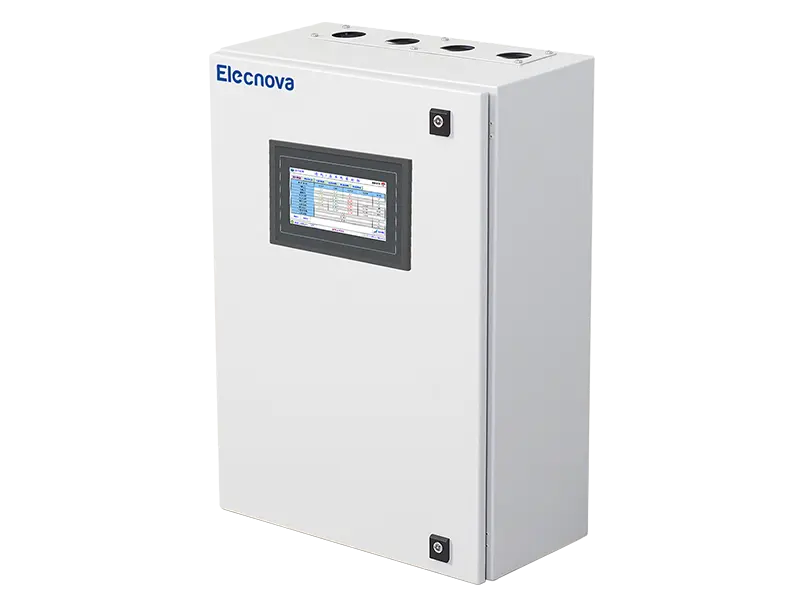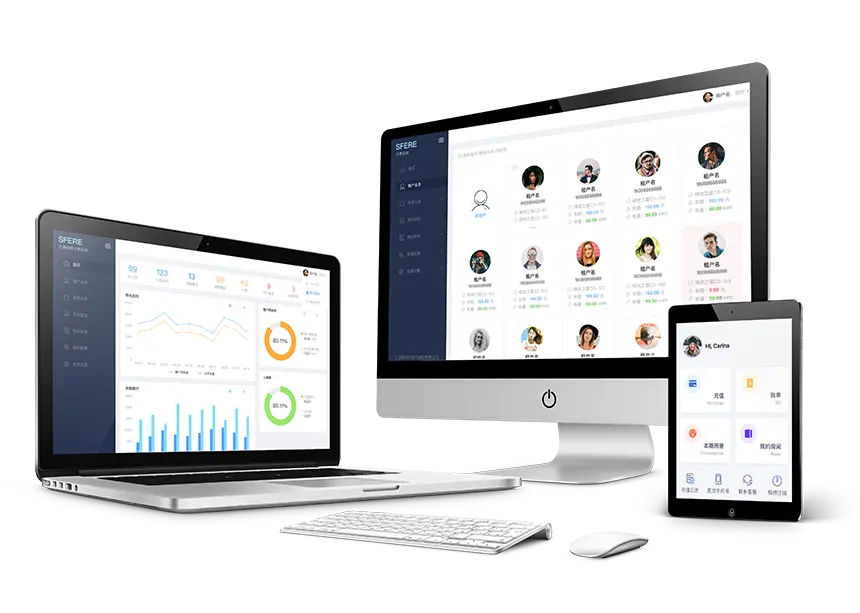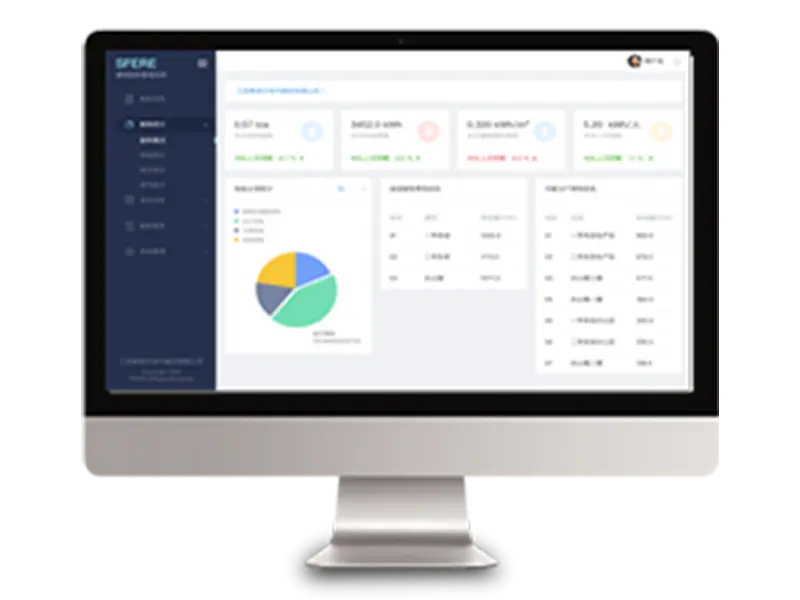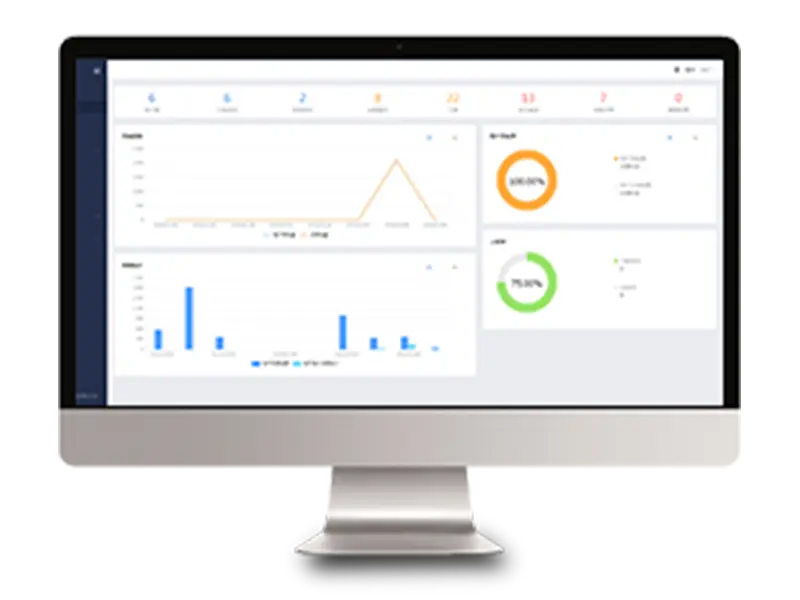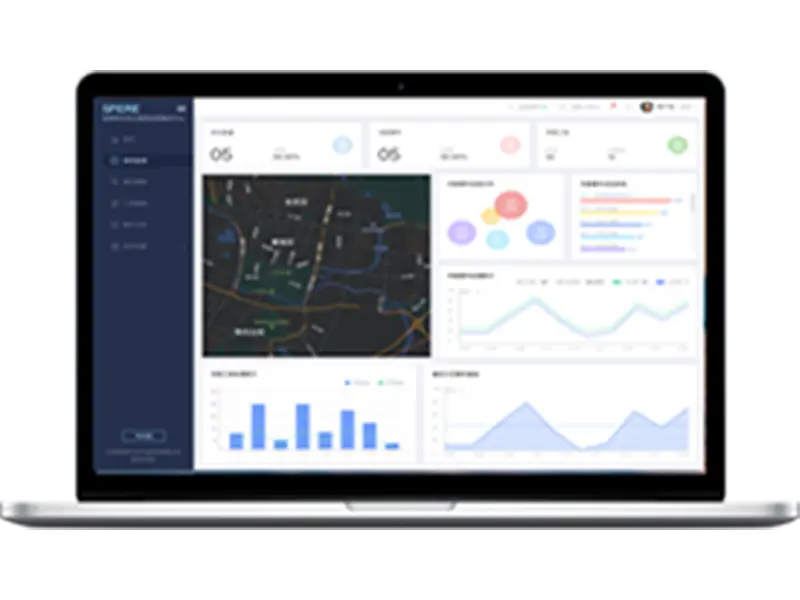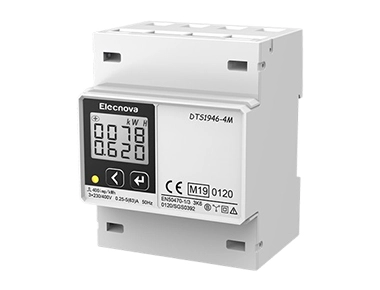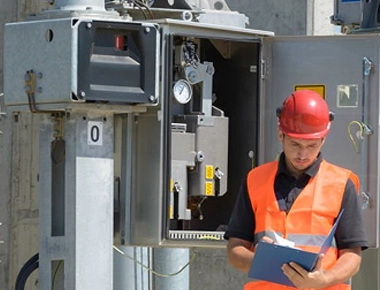Integrated Multi-functional Power Meters offer a range of features to measure, monitor, and manage electrical parameters in power distribution systems. Some key features include:
1. Multi-parameter Measurement: These meters can measure multiple electrical parameters such as voltage, current, power factor, frequency, energy consumption, and harmonics simultaneously.
2. Accuracy: They provide high accuracy measurements across a wide range of electrical parameters, ensuring reliable data for monitoring and analysis.
3. Data Logging: Integrated multi-functional power meters can log and store historical data, allowing users to analyze trends, identify patterns, and assess system performance over time.
4. Communication Interfaces: They offer communication interfaces such as Modbus, Ethernet, RS485, or TCP/IP for remote monitoring, control, and integration with building management systems (BMS) or energy management systems (EMS).
5. Configurable Alarms: These meters can be configured to generate alarms or notifications when measured parameters exceed predefined thresholds, alerting users to potential issues or abnormal conditions.
6. Load Profiling: Some meters offer load profiling capabilities, allowing users to analyze energy consumption patterns and optimize load distribution for efficiency and cost savings.
7. Power Quality Analysis: Integrated multi-functional power meters can perform power quality analysis, detecting issues such as voltage sags, swells, harmonics, and flicker, and helping to maintain optimal power quality.
8. Modularity and Scalability: They may offer modular designs, allowing for scalability and expansion to accommodate changing system requirements or additional measurement points.
9. User-friendly Interface: These meters feature intuitive user interfaces with graphical displays, touchscreen panels, or web-based interfaces for easy configuration, monitoring, and analysis.
10. Compliance and Certification: Integrated multi-functional power meters may comply with industry standards and certifications such as IEC, ANSI, or UL, ensuring reliability, accuracy, and safety in diverse applications.
Overall, integrated multi-functional power meters provide comprehensive features for monitoring, analyzing, and optimizing electrical parameters in power distribution systems, enabling efficient and reliable operation while supporting energy management and cost savings initiatives.


